
Calls at the United Nations to stop the "slow strangulation and systematic erasure" of Afghan women.. American activist: In Kabul "the cat has more freedoms than the woman"

- Europe and Arabs
- Tuesday , 24 September 2024 13:57 PM GMT
New York: Europe and the Arabs
UN Secretary-General Antonio Guterres stressed that what is happening in Afghanistan against women and girls can be compared to "some of the most horrific systems of oppression in modern history," and said: "We will never allow gender-based discrimination to become normalized anywhere in the world." According to the UN daily news bulletin
In an event held in the context of the high-level week at the UN headquarters yesterday, Monday, Guterres said that the latest law passed by the de facto authorities last month "formalized the systematic erasure of women and girls from public life." He stressed that it is the latest in a series of decrees and decisions that deprive Afghan women and girls of their rights and freedoms in all areas.
He said that Afghan women told the United Nations that they feel "insecure, isolated and helpless," adding that they lose hope and "live like shadows, moving silently in the dark and always fearing punishment."
He stressed that severe gender-based discrimination is not only a systematic abuse of women and girls and a violation of human rights conventions and laws, but “self-harm on a national scale.”
He explained that it completely undermines the de facto authorities’ stated goal of economic self-reliance, adding that women’s participation and leadership have proven benefits for peace, security, social protection, environmental stability and more.
He added: “Without educated women, without women at work, including in leadership roles, and without the recognition of the rights and freedoms of half of its population, Afghanistan will never take its rightful place on the world stage.”
Guterres called on the de facto authorities to immediately remove all discriminatory restrictions against women and girls, and to reopen schools and universities for girls after grade six.
He noted that Afghan women are showing remarkable courage in demanding and seeking their rights, and that the international community stands in solidarity with them, adding that the United Nations will continue to amplify the voices of Afghan women and advocate for them to play a full role in the life of the country, both within its borders and on the international stage.
For her part, Under-Secretary-General for Political and Peacebuilding Affairs Rosemary DiCarlo noted that the United Nations is leading the Doha process, which aims to increase “principled international engagement with Afghanistan for the benefit of the Afghan people.”
She said the process involves a “step-by-step” approach, whereby de facto authorities make governance more inclusive, respect women’s and girls’ rights and human rights, and increase counter-terrorism and counter-narcotics efforts, while the international community gradually eases its restrictions and provides development support.
She said: “The goal is to get the Taliban to live up to their commitments – to their own people first and foremost – and to the international community. Frankly, without this, (Afghanistan-Taliban) will not be able to return to the international fold.”
However, Ms. DiCarlo stressed that the process has become complicated by the new law, and there are risks of its termination. The countries and international organizations involved in the process want to continue, she said, but they expect the Taliban to engage in good faith and “start living up to their international commitments.” Fawzia Koofi, a former deputy speaker of the Afghan National Assembly, said it was “very painful” for Afghan women to talk about things they had taken for granted for 20 years, adding that they never thought they would ever talk about “their basic Islamic and human rights, the right to education, work, and coexistence.” She said the fault lay with the peace process, which only took into account the Taliban and the international community, “leaving the Afghan people and government” out of the equation. She said this made the Taliban feel “victorious” and that after they signed the agreement, “they did not even fulfill their promises” to respect women and human rights, “and some of their supporters, including some diplomats from Washington, echoed the same words, calling them “Taliban 2.0.” The term refers to an “updated version” of the Taliban. Afghans have been caught in this narrative, Ms Kofi said, adding that it was time “for the world to let us have our own narrative”. She pointed to a 12-point declaration issued at the Afghan Women’s Summit in Tirana, Albania, this month, which called for more pressure from the international community as “a small compensation for all your ignorant policies”, and the legalisation of gender apartheid, among other demands. “I think it’s time for us to also look back and see where we went wrong in our policies. We want the Security Council to unite around the issue of Afghanistan. Put aside your political differences, because what is happening in Afghanistan can have security implications, if not human rights implications, in your capitals. Today it is happening to us, and tomorrow it will be happening to you.” For her part, American actress and activist Meryl Streep pointed out that women in Afghanistan had the right to vote long before women in Switzerland, France and the United States, adding that the way Afghan culture and society have been turned upside down “is a cautionary tale for the rest of the world”. In the 1970s, most civil servants in Afghanistan were women, and they worked in all professions. Today, in Kabul, “a cat has more freedom than a woman,” she said. “A cat can sit on the steps of a house and feel the sun on its face. It can chase a squirrel in the park. A squirrel has more rights than a girl in Afghanistan today, because public parks have been closed to women and girls by the Taliban. A bird can sing in Kabul, but a girl can’t, a woman can’t in public. That’s extraordinary. That’s the suppression of natural law.” Streep said the Taliban had effectively “imprisoned” half of Afghanistan’s population with its edicts, adding that if the international community came together as a whole, it could bring about change in Afghanistan and “stop the slow strangulation of half the population.”


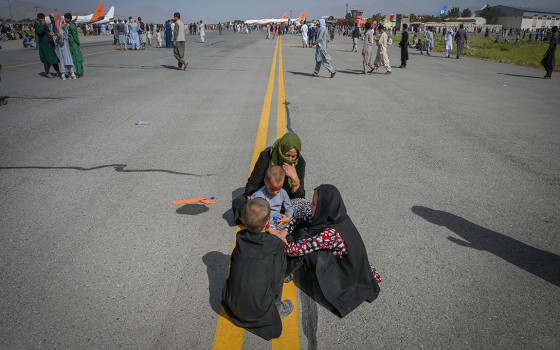
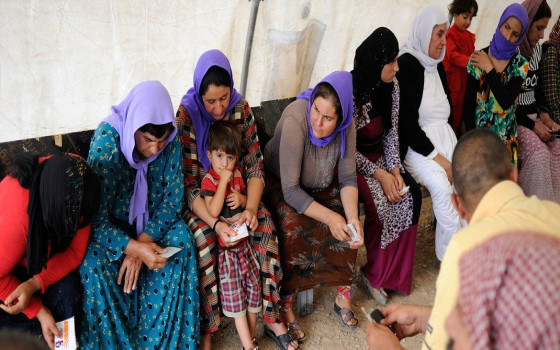
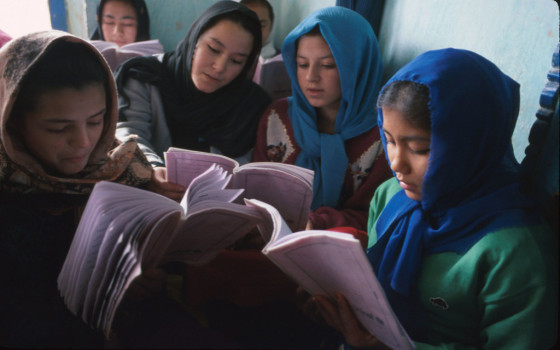
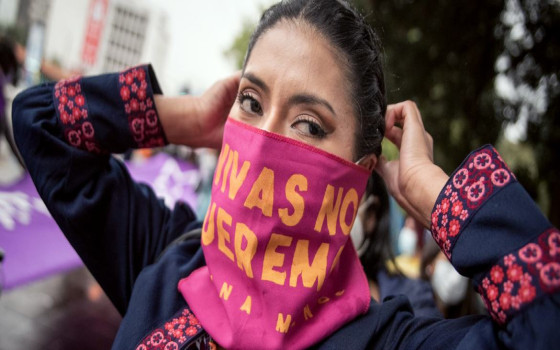
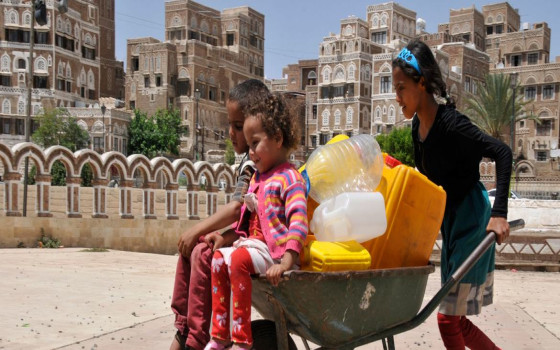
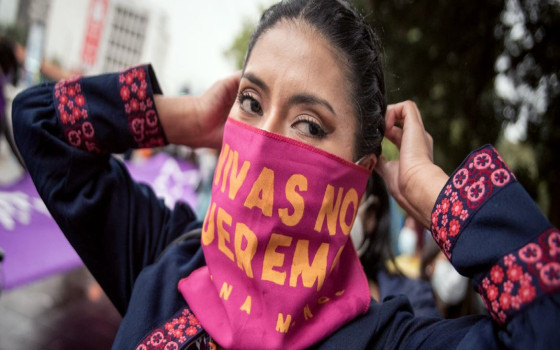
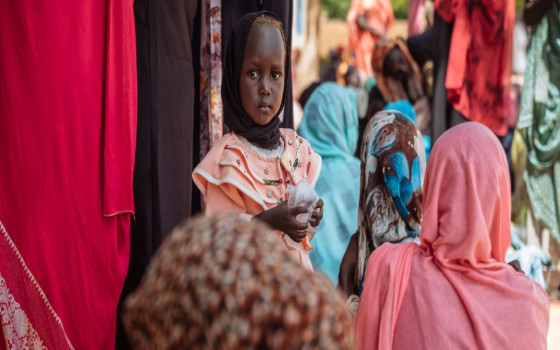
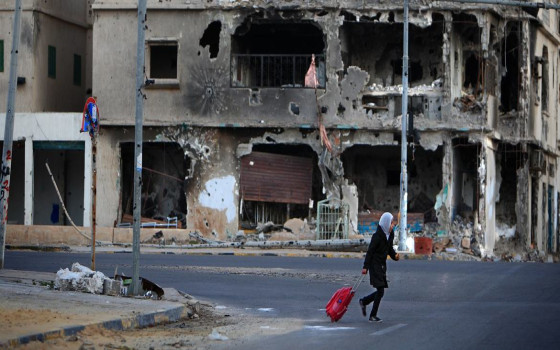
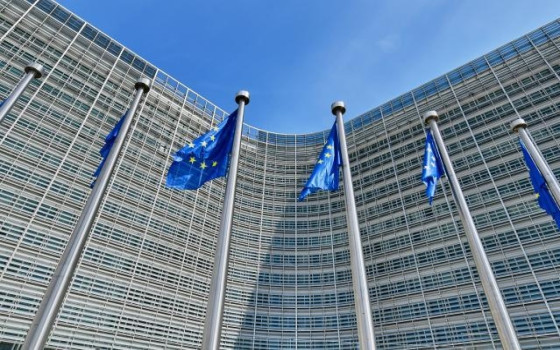
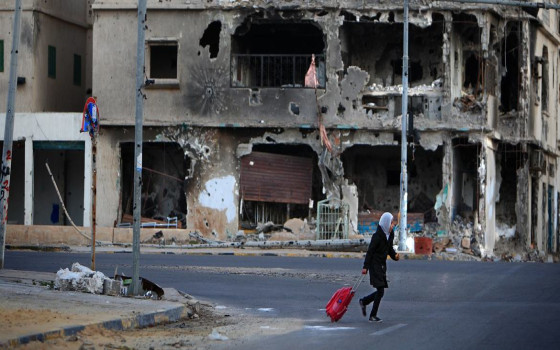
No Comments Found